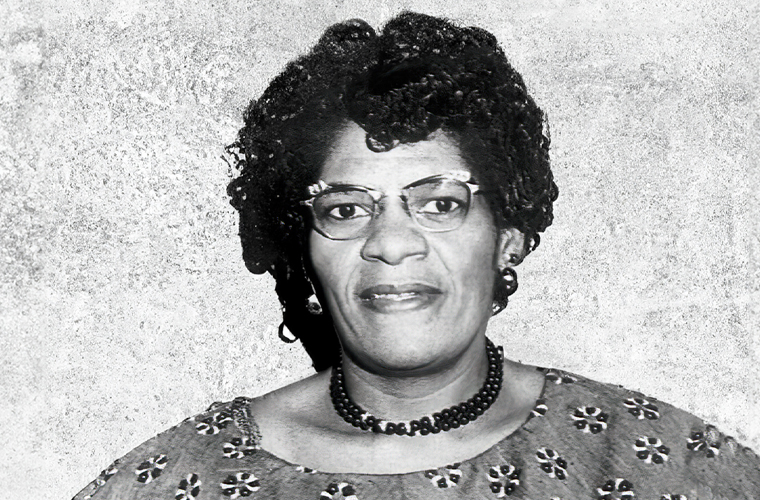Aurelia Shines Browder was a prominent civil rights activist and educator who played a significant role in the fight against racial segregation in the United States. Born on January 29, 1919, in Montgomery, Alabama, Browder grew up in a racially segregated society and experienced firsthand the injustices and discrimination faced by African Americans.
Browder’s involvement in the civil rights movement began in the 1950s when she became a plaintiff in the landmark legal case Browder v. Gayle. This case challenged the constitutionality of racial segregation on public buses in Montgomery, Alabama. Browder, along with several other African American women, including Rosa Parks, was arrested for refusing to give up her seat to a white passenger on a segregated bus. This act of civil disobedience sparked the Montgomery Bus Boycott, a pivotal moment in the civil rights movement. As a result of their courageous actions, the Supreme Court ruled in favor of the plaintiffs in Browder v. Gayle, declaring that racial segregation on public buses was unconstitutional. This ruling marked a significant victory in the struggle for civil rights and helped pave the way for desegregation efforts across the country.
In addition to her activism, Browder was also a dedicated educator. She earned a degree in education from Alabama State Teachers College and went on to teach at various schools in Montgomery. Browder was passionate about providing quality education to African American students and was actively involved in efforts to improve educational opportunities for minority communities. Throughout her life, Browder remained committed to fighting for equality and justice. She continued to be involved in civil rights advocacy and was a vocal proponent of nonviolent resistance as a means of effecting social change. Her contributions to the civil rights movement were instrumental in advancing the cause of racial equality and challenging systemic discrimination.
In recognition of her tireless efforts and significant contributions to the civil rights movement, Browder was honored with numerous awards and accolades. Her legacy continues to inspire future generations of activists and advocates for social justice.
Aurelia Shines Browder’s impact on the civil rights movement and her unwavering commitment to justice serve as a testament to the power of individuals to effect meaningful and lasting change. Her courage and determination in the face of adversity have left an indelible mark on American history and serve as a reminder of the ongoing struggle for equality and human rights.

